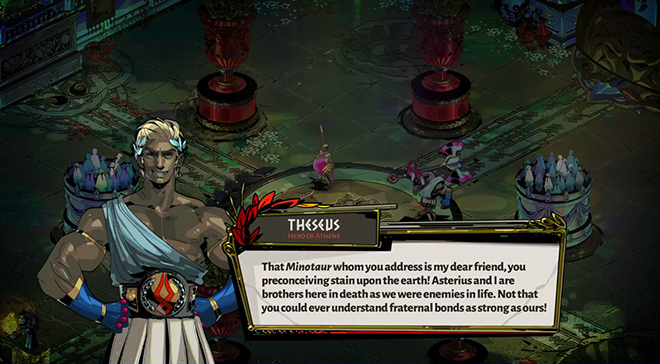Cognition Dissemination: Let’s Discuss the Capcom Leaks
Normal leaks about video games developers and publishers have in the works are easy to discuss, even if the information that slips through is bound to upset those on the teams. Development houses like keeping secrets to eventually surprise their audiences with, but the entire process is, let’s say, capitalistic. The bigger the surprise to a bunch of enthusiastic gamers, the more buzz it will generate that can be sustained until the product releases. I won’t lie here and say I haven’t been taken in by the occasional surprise, or that I won’t continue to be in the future. But for anyone who gets as old and cynical like me, they start feeling artificial.
The recent Capcom leaks, however, are different. Unlike the usual kind that come from “confidential” and “trusted” sources (sometimes hilariously so), the Capcom leaks were stolen. The company was the victim of a ransomware attack through Ragnar Locker software, which infiltrates a computer network to lock the owners out. Once it happens, a party contacts the owner whose network has been compromised, and demands a high price.
Here, the hackers downloaded a gigantic 1TB in sensitive data from the servers within the Japanese, American, and Canadian offices, which included game files, tax documents, passport data, banking statements, employee personal data, and considerably more. They demanded that Capcom pay an also-gigantic $11 million to get all the information back, or they’d auction it all off to third parties. Given the content that’s been posted on social media networks and message boards by this point, it’s clear what decision they’ve chosen. The payment being demanded is insane, and it would be a better idea to weather the damage by securing or shifting accounts, rolling with any bad personal info that gets disseminated, and getting better encryption.
All of this is deplorable, and those responsible should be brought to justice. In the meantime, the dilemma involves whether the press should even be discussing the leaks, given how they’ve been provided. This is stolen content that a company and team members worked to hide, and the press reporting on it will only further spread knowledge of whatever Capcom is working on. Not to mention all the personal info that could soon be out there, but let’s focus on the gaming stuff here.
Anyone who wants to run an honest website or blog (like this one, the most honest of all) will debate amongst themselves about whether they should even be discussing pilfered content. Some haven’t, but plenty of others have jumped right into covering them, ethics be damned. There’s a need to generate hits and good readership in a cutthroat gaming press world that’s only becoming more cutthroat over time. These leaks are unfortunate, but I’d be, uh, not honest if I didn’t say I was intrigued about what the company is working on. Some of the info is too good to pass on discussing.
Now that the info is fully out there on the internet, there’s no way I can’t talk about it here either. The biggest revelation provided so far involves how The Great Ace Attorney games are being localized, games in the Ace Attorney franchise that take place between Japan’s Meiji period and Britain’s Victorian era. Capcom previously passed over them for localization for unknown reasons, but an uncooperative Sherlock Holmes estate and Capcom’s lack of an ability to work around the setting might have been reasons. It’s also possible they simply thought the games would bomb in sales.
Fortunately, they appear to be coming. Key localization documents between Capcom’s Japanese and American offices, the kind obviously not meant for public consumption, were part of the leaks. Even with this evidence, both games have been missing from localization for so long that it’s still tough to be sure Capcom is actually releasing them, so they still have an opportunity to surprise the fanbase if, or likely when, they officially announce this package.
The leaks revealed other comparatively innocuous information, though I’m not going to mention every little thing here. Resident Evil Village, announced this past June for now-current-generation consoles, might be releasing in April next year. Street Fighter VI and a new Dragon’s Dogma game are also on the release list, along with possible remakes for Power Stone and Final Fight. So many titles and dates on the list look so tentative that it’s tough to tell whether they’re actually coming or not.
In fact, that’s the saving grace for these Capcom leaks thus far. Many of the documents themselves are old, dated before the Covid-19 pandemic began. Considering how it’s wrecked several developer schedules, especially in Japan, many of these plans and dates have likely changed. Don’t be surprised if, for instance, RE Village isn’t dated for April when Capcom announces a release date in the next few months, or if some titles on the sheet never materialize.
So, let’s answer a question: Is discussing all of this ethical? Not really, thanks to why this is all leaking. But they should still be discussed because of how news relevant the content has become. It’s a hell of thing, but this is how the gaming press has to work. It’s a shame many of these surprises have been robbed from Capcom, but not all is lost for them. They still have the opportunity to impress the fanbase with excellent reveal trailers and gameplay videos. That is, assuming those don’t leak too.








